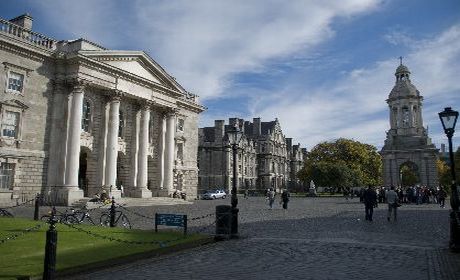BSc Occupational TherapyAdd to shortlist
Programme profile
The main goal of occupational therapy is to enable people to participate in meaningful activities of everyday living, for example self care, work and leisure activities. Occupational therapists believe that participation in everyday activities can be supported or restricted by physical, social, attitudinal and legislative environments.
Programme content
Years One & Two
The courses studied include the study of occupation, occupational therapy theories and interventions with people from children to older adults, anatomy, physiology, psychology, disability studies, research methods and statistics. You will be encouraged to ‘learn by doing’ in subjects related to personal development such as communications and creative problem solving and in courses that teach the professional and technical skills of practice such as assistive technology. You will be required to engage in service learning through voluntary work and will use experiential learning and group work to develop knowledge and skills in an activity of your choice. During the first two years, there are a total of 11 weeks in supervised professional practice in a variety of health and community care facilities around the country.
Years Three & Four
During these years you will further develop your knowledge of the theories, principles and practice of occupational therapy; gain an understanding of health/social care systems and policies and of the importance of practicing in an evidenced-based manner. Service learning is continued and incorporates a peer education methodology. Additionally, you will be expected to complete a group research project. You will have opportunities to develop important self-directed learning and research skills, which are key areas for practice. Over the course of these two years, you will spend a total of 20 weeks in supervised professional practice.
Entry Requirements
Students must present six subjects of which two must be at grade C or above at Advanced GCE (A-Level. The other subjects must be at least at grade C or above on GCSE or Advanced Subsidiary GCE (AS) papers. The six subjects must include: English, Mathematics and a language other than English.
A- Level at Grade C In one of: physics, chemistry or biology
510
No
No
No
05 November
01 May

 Join us on Facebook
Join us on Facebook